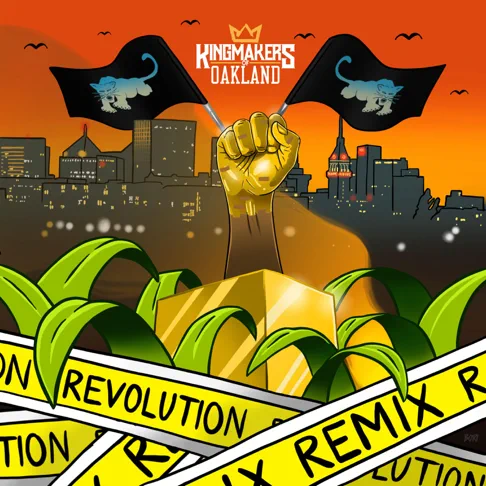

In a mass-media-driven world, Black and Brown people, our youth especially, are continuously bombarded with negative and stereotypical ideas of what it means to be Black. Whether through popular music, television, or social media, “Blackness,” in the sense of popular culture, is rarely defined by Black people. Therefore, examples of Black and Brown representation are often monolithic and incongruent with our actual lives and personhood. Though we now often see Black faces and hear individual Black stories, examples of our [mis]representation remain abundant in the media, often skewing our individual and collective sense of Self.
Too often, in an effort to unlearn a eurocentric history and combat negative media imagery, educators feel obligated to focus solely on the most exceptional examples of Blackness, in turn, we often overlook, erase, or discard Black people who may be deemed “excessive,” or “controversial”. How may this erasure affect students who have been labeled in the same way? A radical and liberation-based pedagogy reminds us that universal ideas of “meritocracy” and “exceptionality” have been defined and dominated by white standards, even in the minds of many Black people. Tales of singular, exceptional heroes (Booker T. Washington, the quintessential example) while important to building curricular context, are often ahistorical and ignore the dialectic nature of “historical figures” and the communities that empower and critique them. In the classroom, this model of exceptionality, which is surely based in white supremacy, often bleeds into the ways we teach, the work we assign, and the grades we give.
The love we offer relies on respectful critique and a desire for positive change. It is our job as Black educators, activists, and family members to provide the youth with critical and balanced narratives, offering a panoramic view of Blackness, rather than a monolithic one.This is where media can become so crucial to the classroom; hip-hop and other [presumably] Black forms of music/media are able to represent both the harrowing and lavish realities of Black life and history, however, are often excluded from academic discussion. We must dare to ask: Why?
History, without adequate tie-in with our present moment, can alienate the many students who, frankly, are unconcerned with the past and its archives. It must become our duty, however, to provoke this lack of concern. One data-driven strategy is addressing historical narratives and events while implementing modern tools. We at KOO, challenge you to imagine how your classroom could benefit from the incorporation of new media, such as social media or contemporary music.
This is why Narrative Change is one of our Systems Change Drivers. We are clear that music, film, and other forms of new media can touch our hearts and souls. Such mediums, from television to techno to Tiktok, must not be underestimated in the classroom. If educators fail to incorporate media and its groundbreaking creative and constructive power, students will exist solely as consumers of media, rather than creators of it. Without adequate scaffolding by educators and families, mainstream media’s [mis]representation of Black identity can become harmful for our youth and their self-confidence. However, in a classroom with a love- and community- centered pedagogy, media (especially when directed at Black people and/or other marginalized communities) can be utilized as important tools for discourse and critique.
Through our music and film production teams, KOO has produced asset-based media to uplift our young people and our communities. True media-art is not produced solely for entertainment, but rather to inspire and empower the hearts, minds, and souls of the Movement. KOO’s three music projects (Kings in the Making, Revolution Remix, and Black Joy) as well as our debut film project (Revolution Remix Film) were all created to engage youth and create dialogue around the numerous critical issues of our moment. Through media engagement strategies and complementary curriculum, we can meet the students where they are and bring them to new heights.
